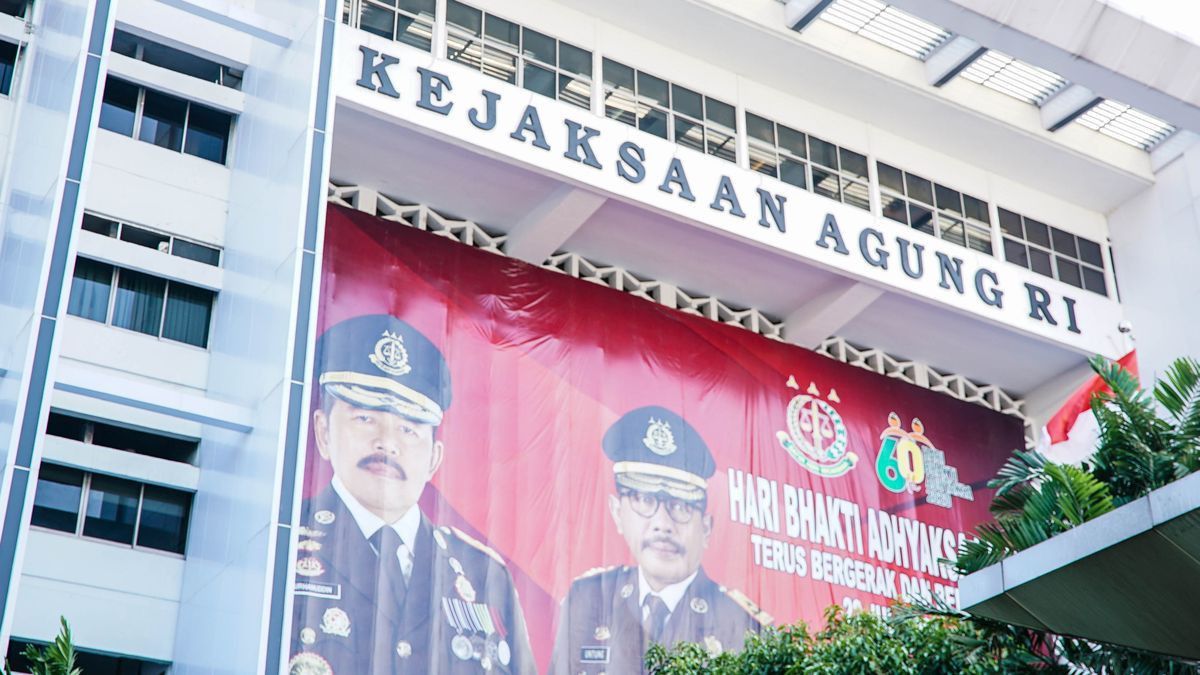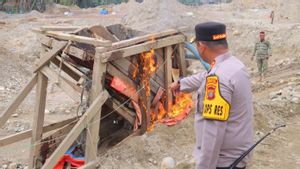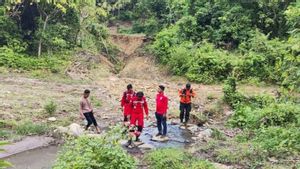JAKARTA - Investigators of the Deputy Attorney General for Special Crimes (Jampidsus) of the Attorney General's Office immediately raised the status of the alleged corruption case of the PT Krakatau Steel "blast furnace" factory construction project to the investigation stage.
The Director of the Jampidsus Investigation at the Attorney General's Office, Supardi, said that his party had coordinated with the Financial and Development Supervisory Agency (BPKP) to determine the potential state financial losses in the case.
"What is clear is that we have gone to BPKP, there seems to be a clear agreement that we will go up to the investigation. So we have had discussions, it's clear," Supardi said as quoted by Antara, Thursday, March 3.
Currently, the legal process for this case is still in the investigation stage. Investigators have found a criminal incident, so that in the near future it will be upgraded to the general investigation stage.
Meanwhile, the coordination that has been carried out by Jampidsus investigators with BPKP, so that in the near future Jampidsus AGO will announce real losses related to the case.
Previously in a press conference on Thursday, February 24, Attorney General ST Burhanuddin said that the Blast Furnace (BFC) plant construction project was initially carried out by the MCC CERI Consortium (from China) and PT Krakatau Engineering according to the results of the auction on March 31, 2011 with a contract value of after experiencing changes is Rp. 6.92 trillion.
The contract was paid to the winning bidder in the amount of Rp5.3 trillion, however, the work was then stopped on 19 December 2019 even though the work was not yet 100 percent and after a trial operation the production cost was higher than the steel price on the market. In addition, the work has not yet been handed over with the condition that it can no longer operate.
PT Karakatau Steel built a Blast Furnace Factory (BFC) using coal as fuel to lower production costs. The construction of the project uses gas fuel so that it requires more expensive costs.
According to Supardi, the smelter cannot be operated, because it will incur high costs.
"It cannot operate, if it is used high cost, it cannot compete," he said.
The English, Chinese, Japanese, Arabic, and French versions are automatically generated by the AI. So there may still be inaccuracies in translating, please always see Indonesian as our main language. (system supported by DigitalSiber.id)













